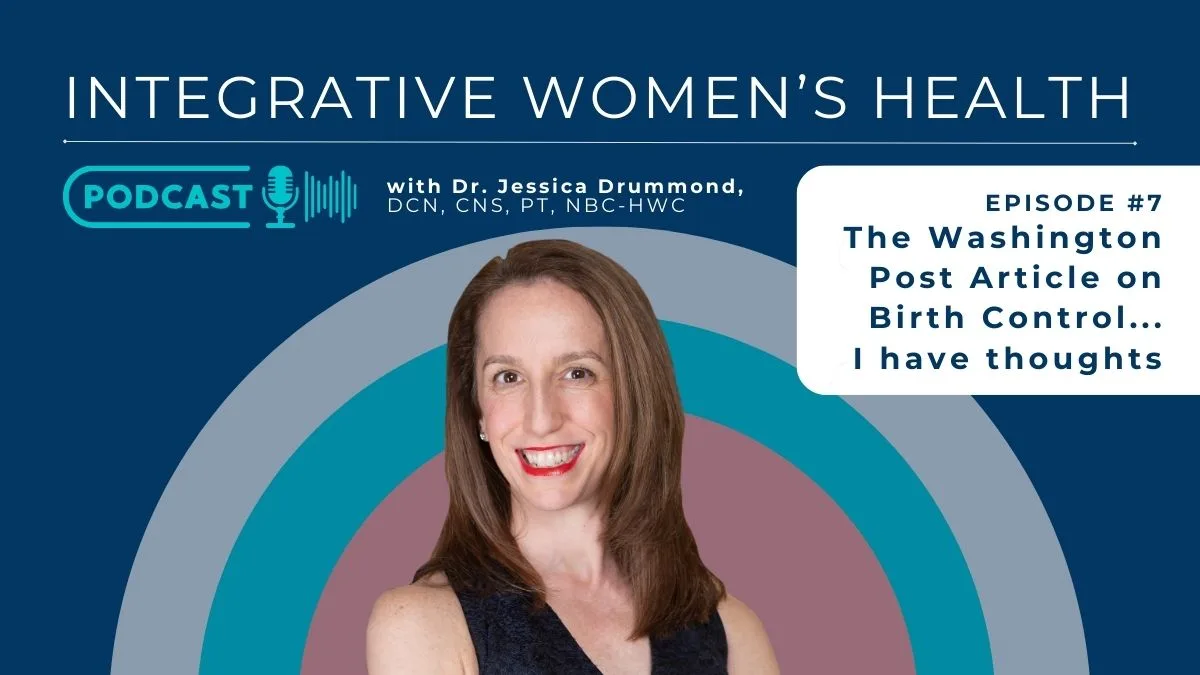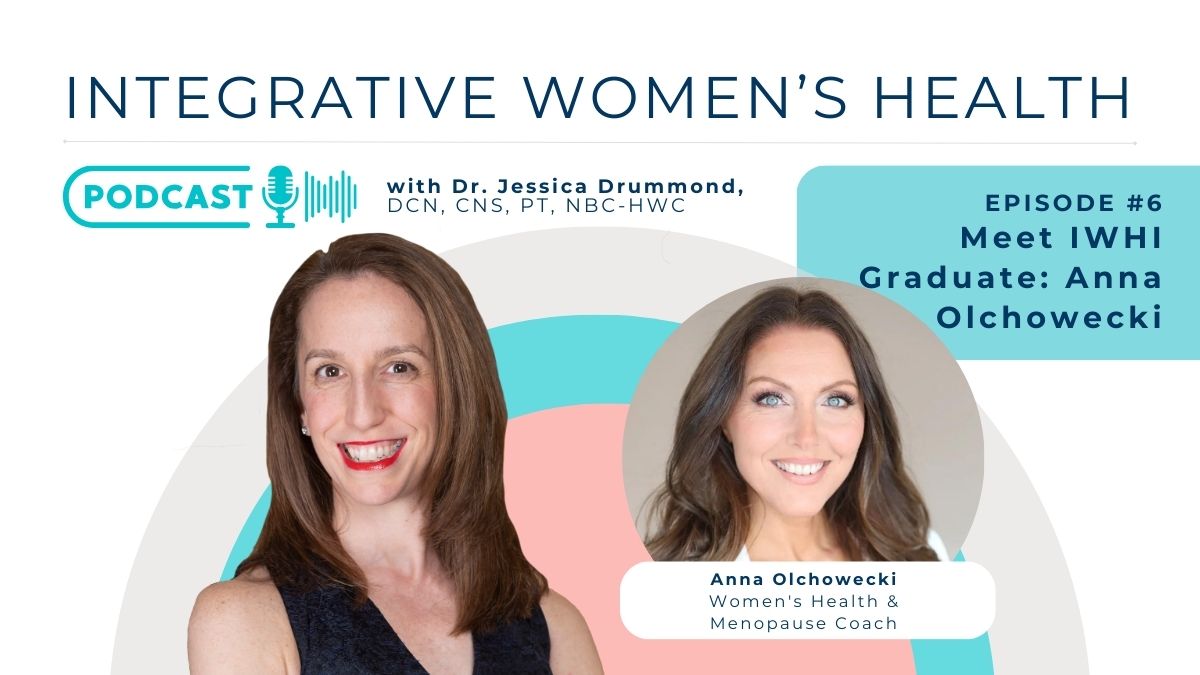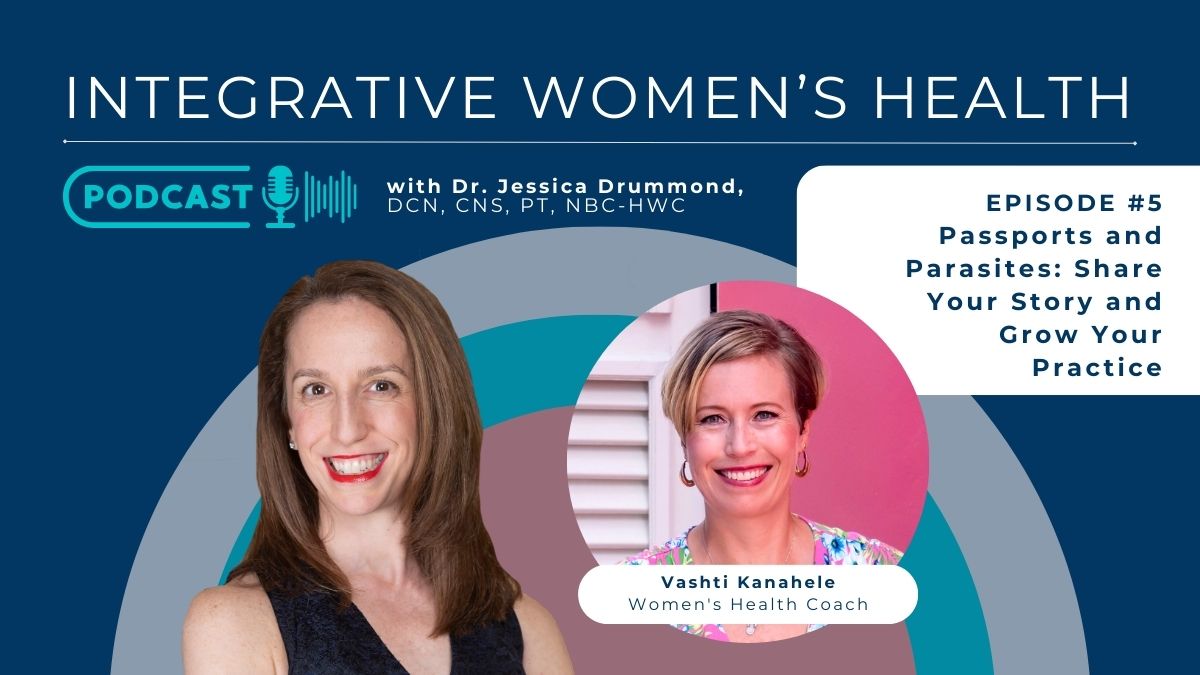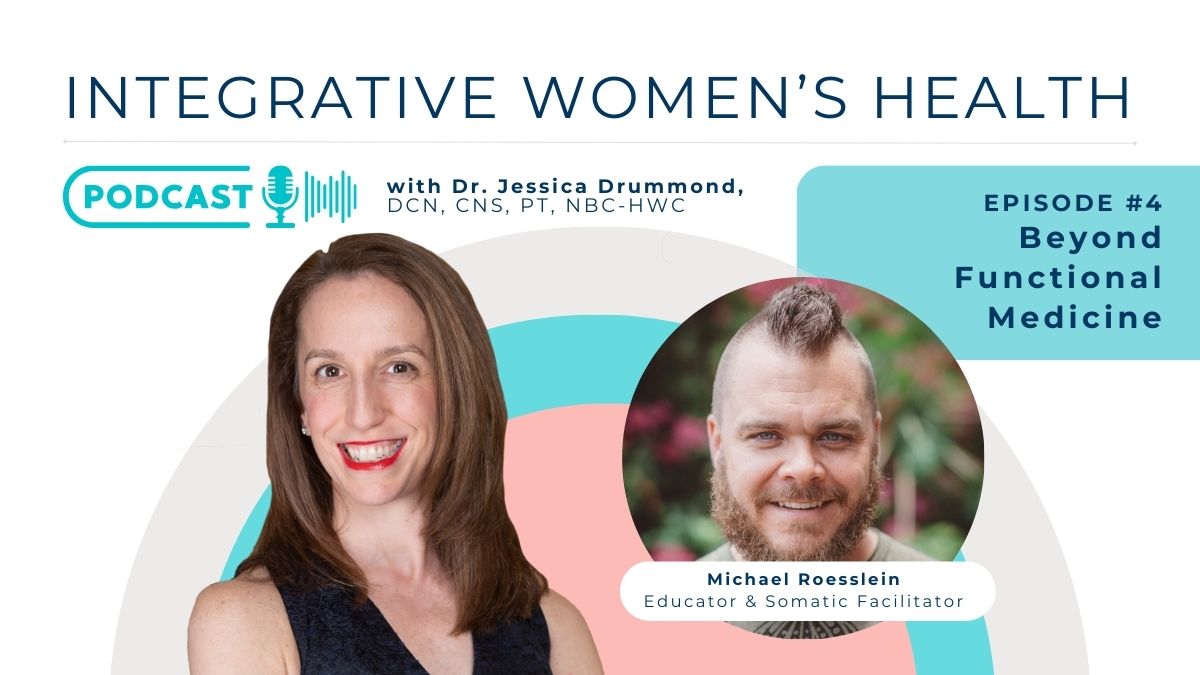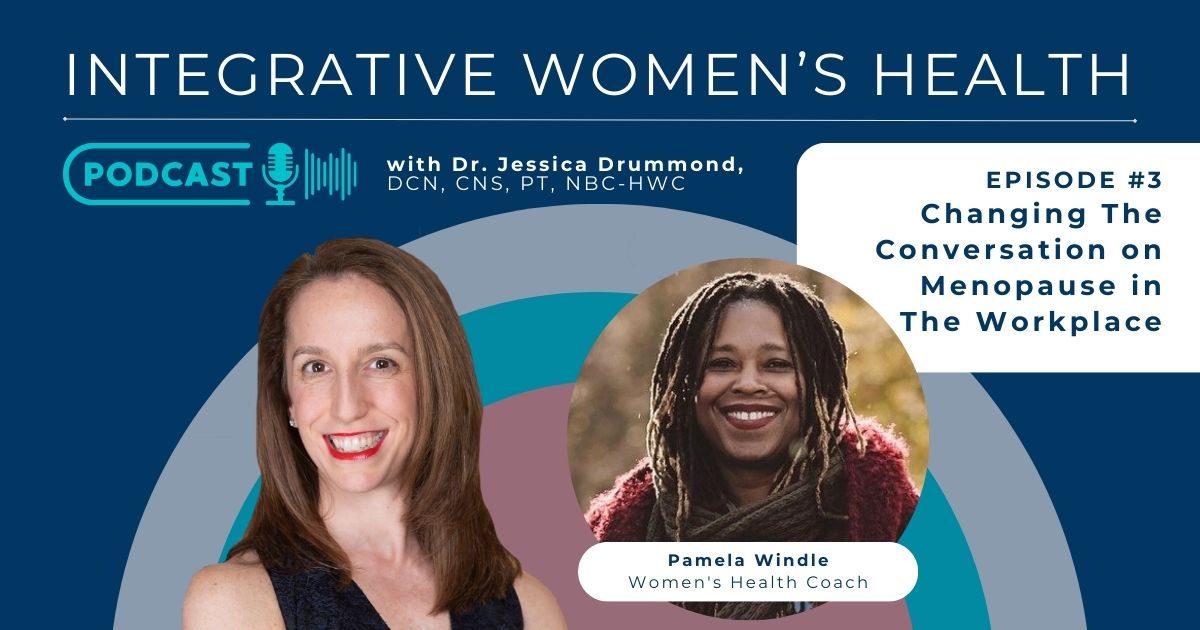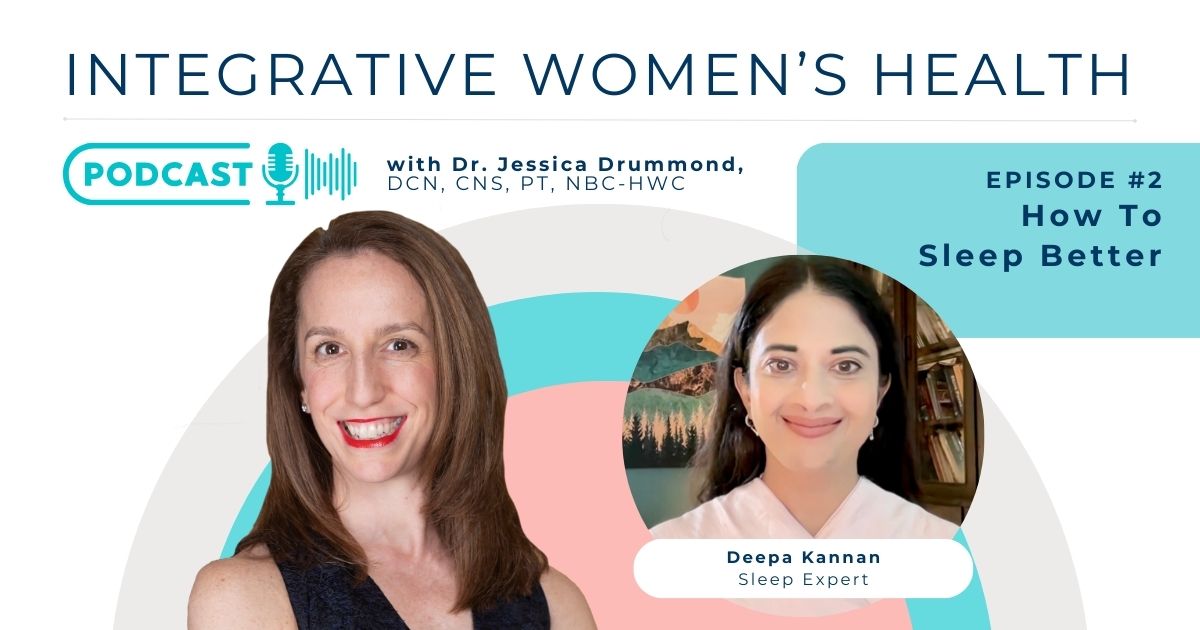Gluten and Endometriosis
Is there a link between gluten and endometriosis? Should women avoid gluten to lower their risk of endometriosis or to help to resolve the symptoms of endometriosis?
Let’s look at the research…
First, it’s important to consider that endometriosis has many characteristics of an autoimmune disease (Eisenberg, et al., 2012). It is clear that endometriosis is an inflammatory disease process. In endometriosis, the presence of endometrial glands and stromal cells are found outside of the endometrium, most commonly in the ovaries, fallopian tubes, bladder, rectosigmoid colon, and – in the case of adenomyosis – the uterine myometrium.
With endometriosis, a wide variety of alterations of peritoneal and follicular fluid inflammatory markers are found (Eisenberg, et al., 2012):
- Increased levels of a wide variety of inflammatory cytokines: IL-1,, IL-6, IL-8, IL-10, IL-12
- Elevated reactive oxygen species (ROS) levels
- Elevated TNF-α
- And, may more…
There is also an increased incidence of autoantibodies in women with endometriosis, including antibodies to a variety of phospholipids, histones, polynucleotides, and even lupus (Eisenberg, et al., 2012). Some of these autoantibodies are organ-specific anti-endometrial and anti-ovarian antibodies.
The dysfunctional inflammation in endometriosis may be a necessary factor influencing the development of immunologic autoreactivity.
Autoantibodies are indicators of autoimmune diseases, but also may occur in other conditions, such as cancer or significant tissue damage. In the case of endometriosis, it is not yet clear whether the autoantibodies found are a natural response to the chronic, local tissue inflammation and damage, or a pathologic response related to autoimmune dysfunction.
If endometriosis is an autoimmune disease, or even if it just has some characteristics of an autoimmune disease, could it co-present in many cases with celiac disease or non-celiac gluten sensitivity?
Enrolling now for the next session of The Outsmart Endometriosis Group Health Coaching Program. Start here today by scheduling a Strategy Session with Dr. Jessica Drummond → Click here to learn more.
Gluten and Endometriosis: Do Celiac Disease and Endometriosis Commonly Exist Together?
First, let’s look at a recently published case report (Caserta, et al., 2014):
In this case, a 34-year-old woman presented with primary infertility, was treated medically and surgically for endometriosis, and utilized assisted reproductive techniques, but continued to present with significant symptoms and infertility.
Eventually, she was tested for celiac disease and was subsequently diagnosed with celiac disease by positive IgA tissue transglutaminase (tTG) antibodies and duodenal biopsies. Once she was put on a gluten-free diet (she was previously known to be lactose, yeast, and egg intolerant), she became pregnant naturally and had a healthy pregnancy and infant.
Common associations have been found in the literature between celiac disease and endometriosis. In Aguiar, et al. (2009), nine of the 120 women in the group with endometriosis were anti-tTG antibody positive and five of them were also anti-endomysium antibody (EMA) positive.
Three cases of celiac disease in this group were identified by biopsy, showing 2.5% prevalence of celiac disease in the group of women with endometriosis. The overall celiac disease prevalence among the population control group was 1:136 women (0.66%).
Stephansson et al. (2011), found that compared with controls, women with celiac disease were more likely to subsequently develop endometriosis, especially within the first year of the celiac diagnosis.
Gluten and Endometriosis: Do Celiac Disease and Endometriosis Have a Common, Autoimmune-Related Etiology?
Both endometriosis and celiac disease are associated with chronic inflammation, and both present with significant elevations of IFN-γ and IL-6 (Othman, et al., 2009 & Schuppan, et al., 2009). Genetically, having HLA-DQ7 is twice as common in patients with endometriosis (Ishii et al, 2003). And, an association has been found between rheumatoid arthritis-associated single nucleotide polymorphisms [CCL21 (rs2812378) and HLA-DRB1 (rs660895)] and moderate to severe endometriosis (Sundqvist, et al., 2011).
Gluten and Endometriosis: Infertility and Non-Celiac Gluten Sensitivity
Women with celiac disease are at higher risk of fertility problems including spontaneous abortion, low birth weight of the newborn, reduced duration of lactation, PCOS, and endometriosis. But, there are no adequate studies available regarding the connection between non-celiac gluten sensitivity and fertility challenges (Bold, & Rostami, 2015).
However, in one published case report, a female patient and her male partner had a premature live infant (though the pregnancy was complicated throughout) with their sixth ART after approximately one year on a gluten-free diet after six years of trying to conceive and several miscarriages (Bold, & Rostami, 2015). The woman’s symptoms did not improve on the gluten-free diet, but her partners did improve.
While her symptoms did not improve, it’s interesting to note that the patient did have anti-cardiolipin antibodies (suggestive of anti-phospholipid syndrome), which may have contributed to her fertility challenges. It’s possible that the diet positively influenced the woman’s reproductive immune health allowing the pregnancy to continue to 30 weeks gestation, and a healthy infant live birth.
Gluten and Endometriosis: Should Women with Endometriosis be on a Gluten-Free Diet?
For women with endometriosis, there have been two studies that show benefit specifically for the symptoms of endometriosis of avoiding gluten, even for those with significant pelvic pain from deep infiltrating endometriosis (Marziali, et al., 2012 & Marziali & Capozzolo, 2015). However, one of the studies has serious design flaws, and the other has only been published as an abstract.
If going on a gluten-free diet could reduce the pain and infertility related to endometriosis, even if the data is not strong, isn’t it worth a try?
The answer is yes. But, it’s essential that women with endometriosis are educated on a healthy, nutrient-dense, prebiotic-rich gluten-free nutrition plan.
Just switching from a standard western diet to a gluten-free diet without support has some significant risks, including increased risk of cardiovascular disease, increased financial cost, increased social cost, reduced nutrient density, and reduced prebiotic fibers, which can negatively affect the health of the gut microbiota – potentially causing further damage to the immune system.
Enrolling now for the next session of The Outsmart Endometriosis Group Health Coaching Program. Start here today by scheduling a Strategy Session with Dr. Jessica Drummond → Click here to learn more.
References:
Aguiar, FM, Melo, SB, Galvao, LC, Rosa-e-Silva, JC, dos Reis, RM, Ferriani, RA (2009) Serological testing for celiac disease in women with endometriosis. A pilot study. Clin Exp Obstet Gynecol, 36(1):23-5.
Bold, J., & Rostami, K. (2015). Non-coeliac gluten sensitivity and reproductive disorders. Gastroenterology and Hepatology From Bed to Bench, 8(4), 294–297.
Eisenberg, VH, Zolti, M, Soriano, D. (2012) Is there an association between autoimmunity and endometriosis? Autoimmun Rev, 11(11):806-14. doi: 10.1016/j.autrev.2012.01.005.
Ishii K., Takakuwa K., Kashima K., Tamura M., Tanaka K. (2003) Associations between patients with endometriosis and HLA class II; the analysis of HLA-DQB1 and HLA-DPB1 genotypes. Hum. Reprod, 18(5), 985-989.
Marziali M, Capozzolo T. (2015) Role of gluten-free diet in the management of chronic pelvic pain of deep infiltrating endometriosis. J Minim Invasive Gynecol, 22(6S):S51–S52.
Marziali M, Venza M, Lazzaro S, Lazzaro A, Micossi C, Stolfi VM. (2012) Gluten-free diet: a new strategy for management of painful endometriosis related symptoms? Minerva Chir, 67(6):499–504.
Othman Eel-D., Hornung D., Salem H.T., Khalifa E.A., El-Met- wally T.H., Al-Hendy A. (2008) Serum cytokines as biomarkers for nonsurgical prediction of endometriosis. Eur. J. Obstet. Gynecol Reprod. Biol, 137, 240.
Schuppan D., Junker Y., Barisani D.(2009) Celiac disease: from pathogenesis to novel therapies. Gastroenterology, 137, 1912.
Stephansson, O, Falconer, H, Ludvigsson, JF. (2011) Risk of endometriosis in 11,000 women with celiac disease. Hum Reprod, 26(10):2896-901. doi: 10.1093/humrep/der263.
Sundqvist, J, Falconer, H, Seddinghzadeh, M, Vodolazkaia, A, Fassbender, A, Kyama, C, Bokor, A, Stephansson, O, Padyukov, L, Gemzell-Danielsson, K, D’Hooghe. (2011) Endometriosis and autoimmune disease: association of susceptibility to moderate/severe endometriosis with CCL21 and HLA-DRB1. Fertil Steril, 95(1):437-40. doi: 10.1016/j.fertnstert.2010.07.1060.


